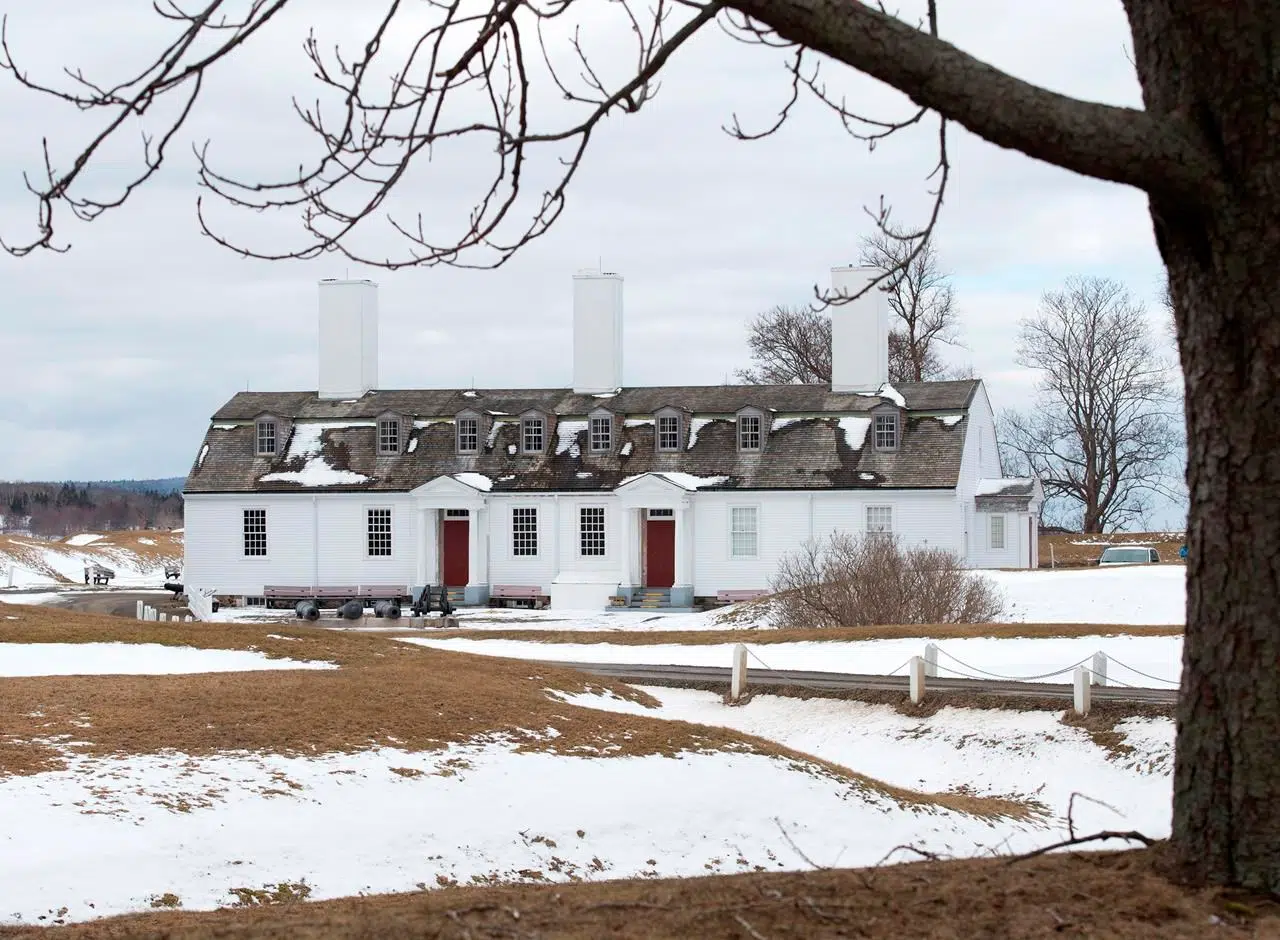
Champlain settled here first, N.S. mayor says after mini-series snub
HALIFAX — A new docu-drama series about the history of Canada has touched a raw nerve in a rural corner of Nova Scotia.
Bill MacDonald, the mayor of Annapolis Royal, is leading a campaign to denounce the first episode as a disrespectful and erroneous version of what really happened when Europeans first settled in this land.
He said he was shocked this week when the CBC show, “Canada: The Story of Us,” asserted that the first permanent European settlement was established near what is now Quebec City.
MacDonald said the CBC got it wrong, although the public broadcaster denies that.


